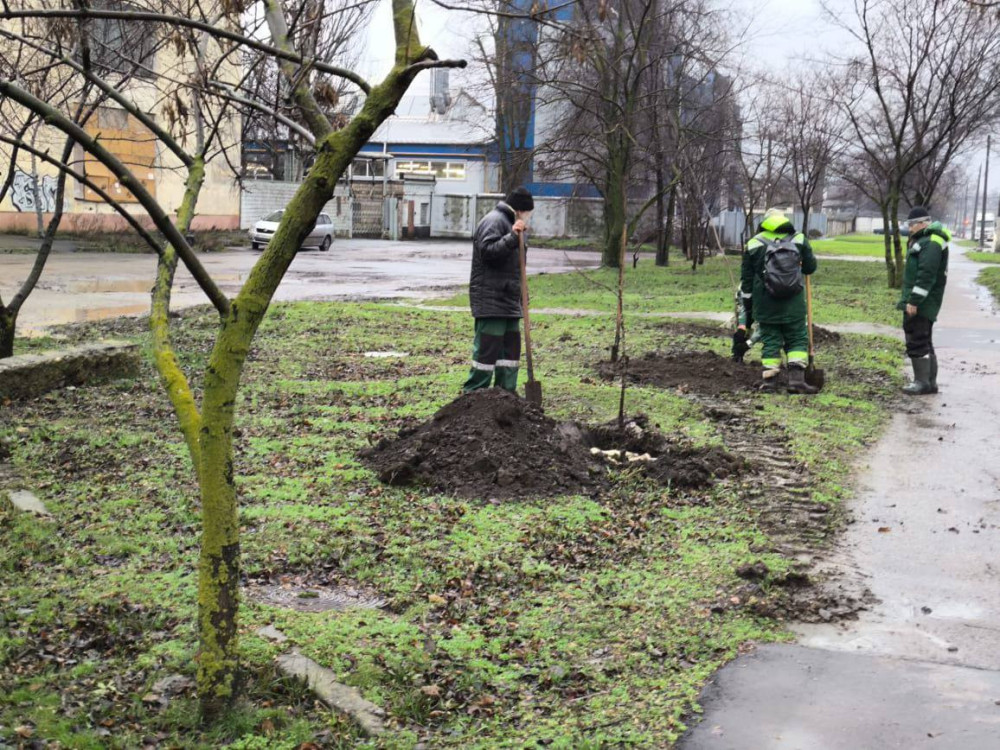The Odesa National Scientific Library has secured first place in the annual Goethe-Institut Ukraine competition among partner libraries. The German reading room was recognized for its vibrant cultural initiatives implemented throughout 2024. Library director Irina Biryukova shared insights about the project, participation, and victory with Suspilne.
The German reading room emerged as the best among fifteen partner libraries of the Goethe-Institut in Ukraine. The assessment highlighted not only consistency but also a variety of events: from educational meetings and language courses to children's games, music, and literary novelties.
As a reward, the Goethe-Institut provided a selection of books in Ukrainian from the collection "Best Book Design," along with new editions for the "German Shelf" — a permanent stand featuring contemporary German literature.
A special recognition was given to the team and librarian of the German room, Viktoriya Zayets, who notably interned in Germany. The German reading room is part of a larger library network. Each year, a new space is highlighted — this time it was Odesa. However, the key aspect is not the title but the continuous progress, as noted by Odesa Scientific Library’s director Irina Biryukova:
"It's not about winning. It's about the opportunity to be useful to people — and to change the world around us through knowledge."
The competition win was not the goal, as there was no participation in the usual format, Irina Biryukova explained. According to her, the librarians simply did what they do best — organized events, training, and cultural meetings, even during wartime.
"There wasn’t a specific competition that we applied for. We just did our work. The project has been ongoing for 25 years: a tripartite agreement was made between the library and the Goethe-Institut, along with the "Bavarian House Odesa" organization. The latter provided the venue for meetings. Then the project evolved, and we utilized the opportunities the library has: staffing, space, and technical resources," Biryukova noted.
The director assured that demand has not diminished; on the contrary, it has increased: people are seeking knowledge, communication, and support.
Today, the German reading room is not just about language courses or bookshelves, but a full-fledged space for intercultural interaction: with books, music, culinary arts, and traditions.
"This is indeed a project much broader than just library work or providing informational and library services. It’s about a deeper process: understanding culture in all its manifestations, the culture of the partner country through literature, music, and familiarization with intangible cultural heritage, such as culinary history," explains Biryukova.
Meetings take place for people of various ages: children are read fairy tales, while older individuals can participate in discussions, training, and themed events. And all of this is free of charge.










